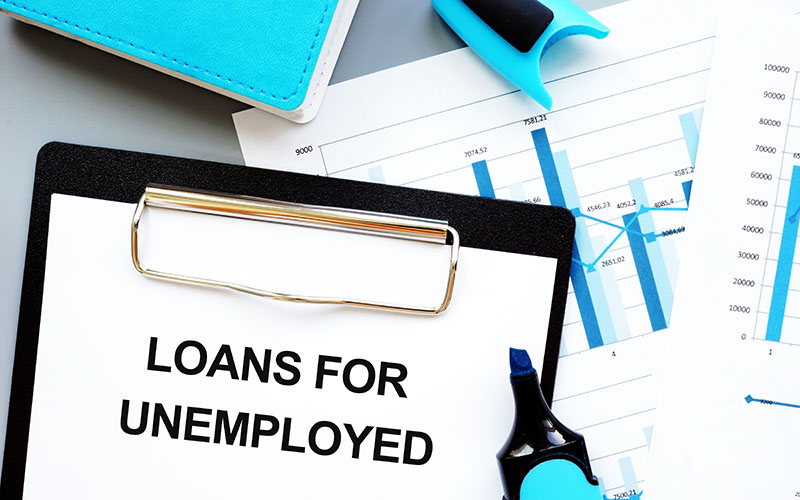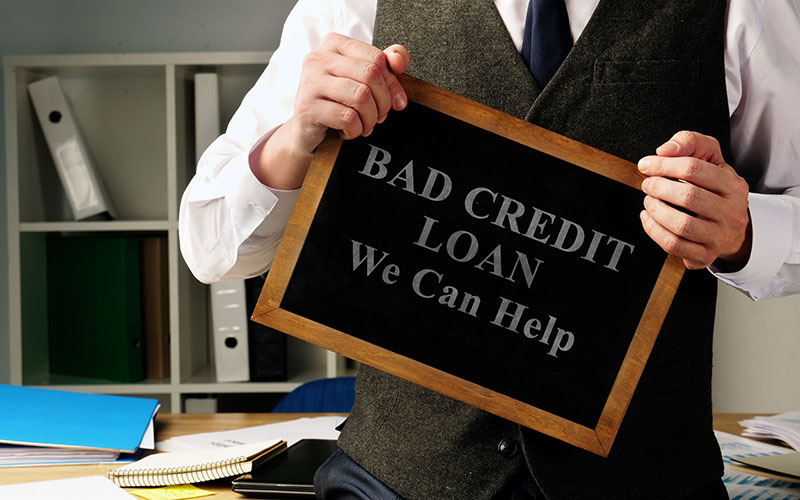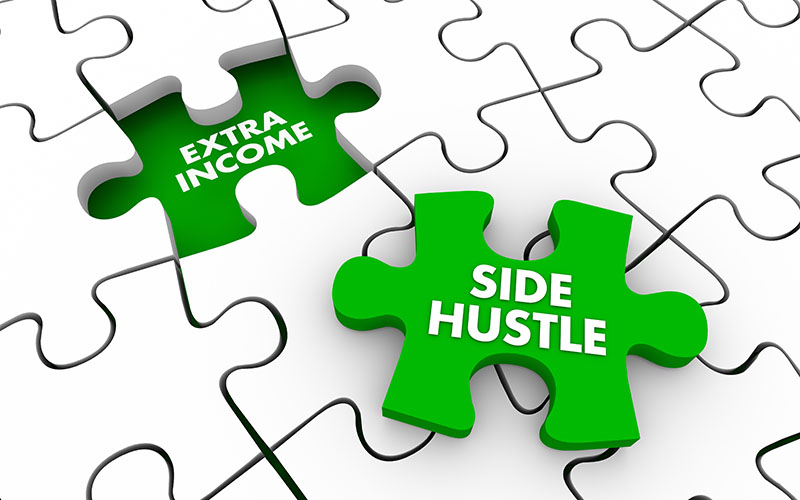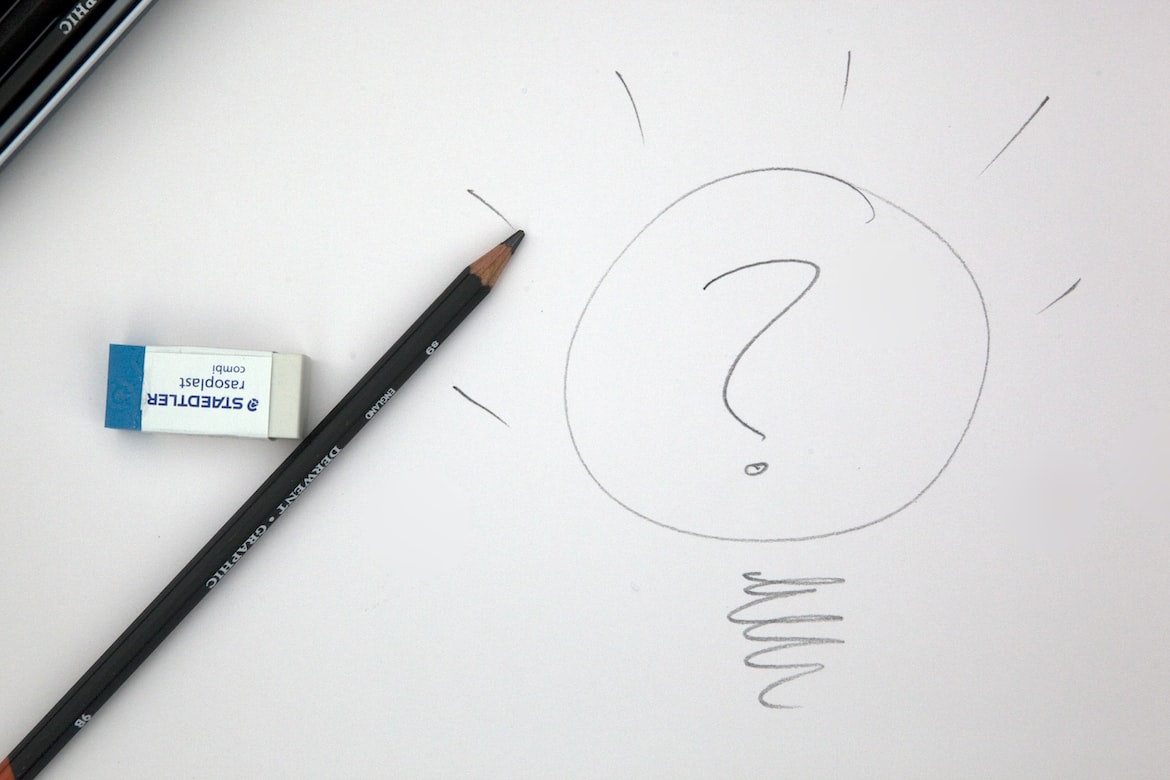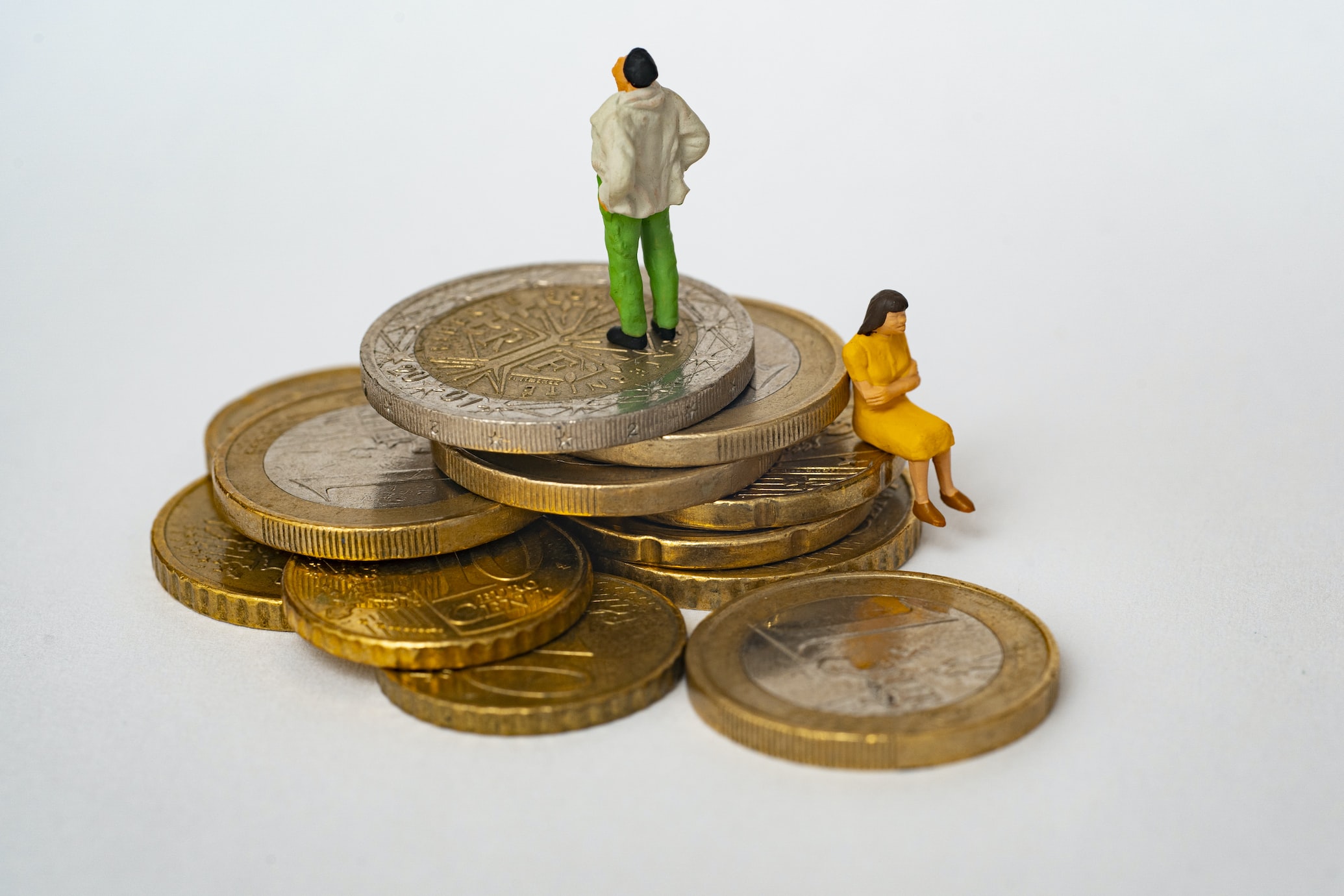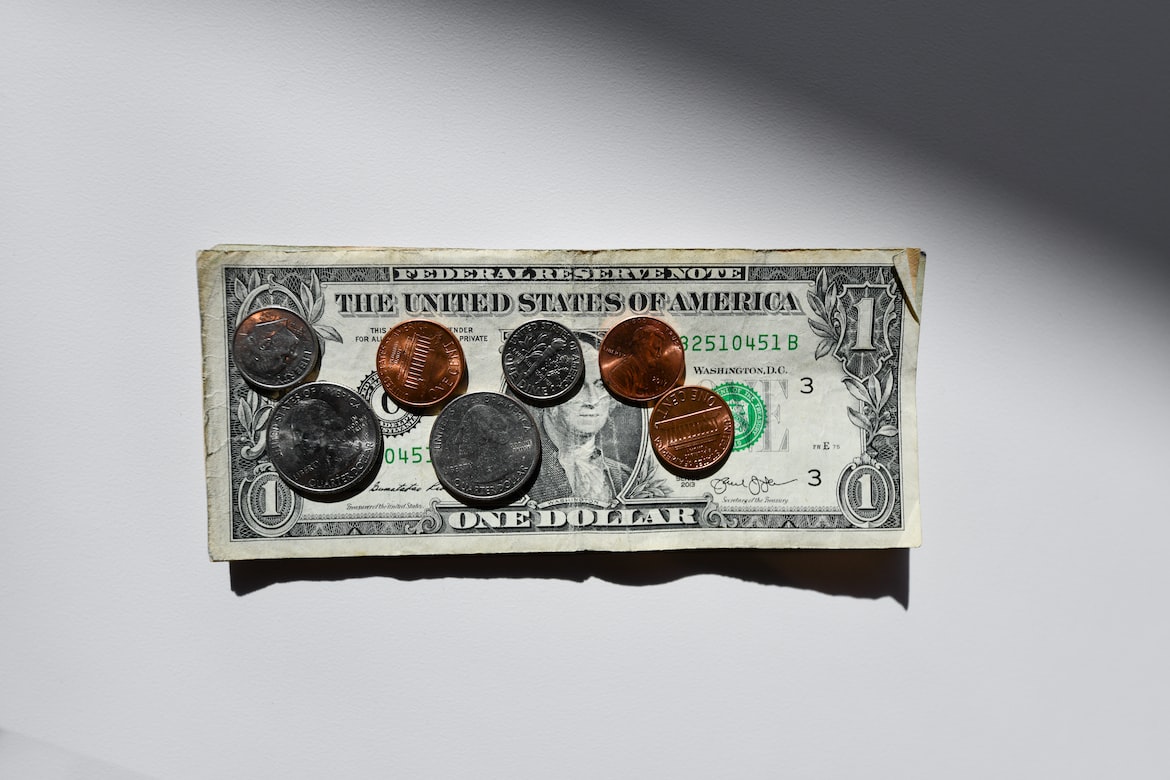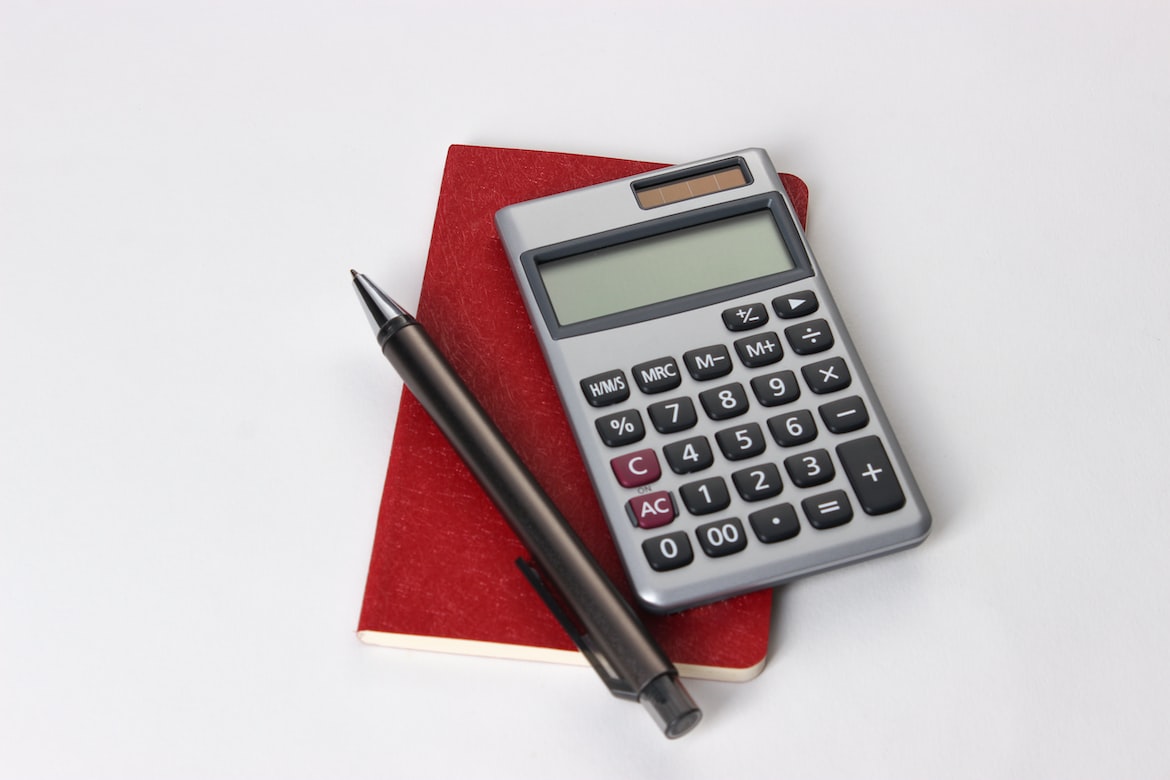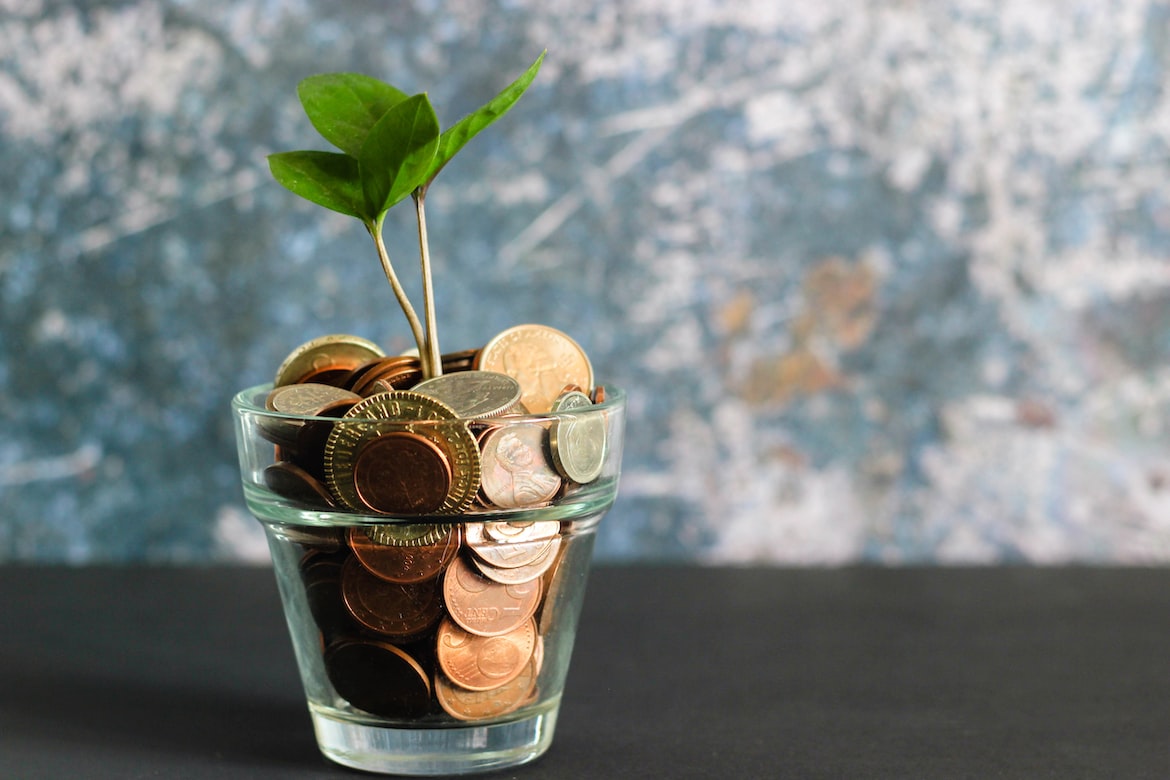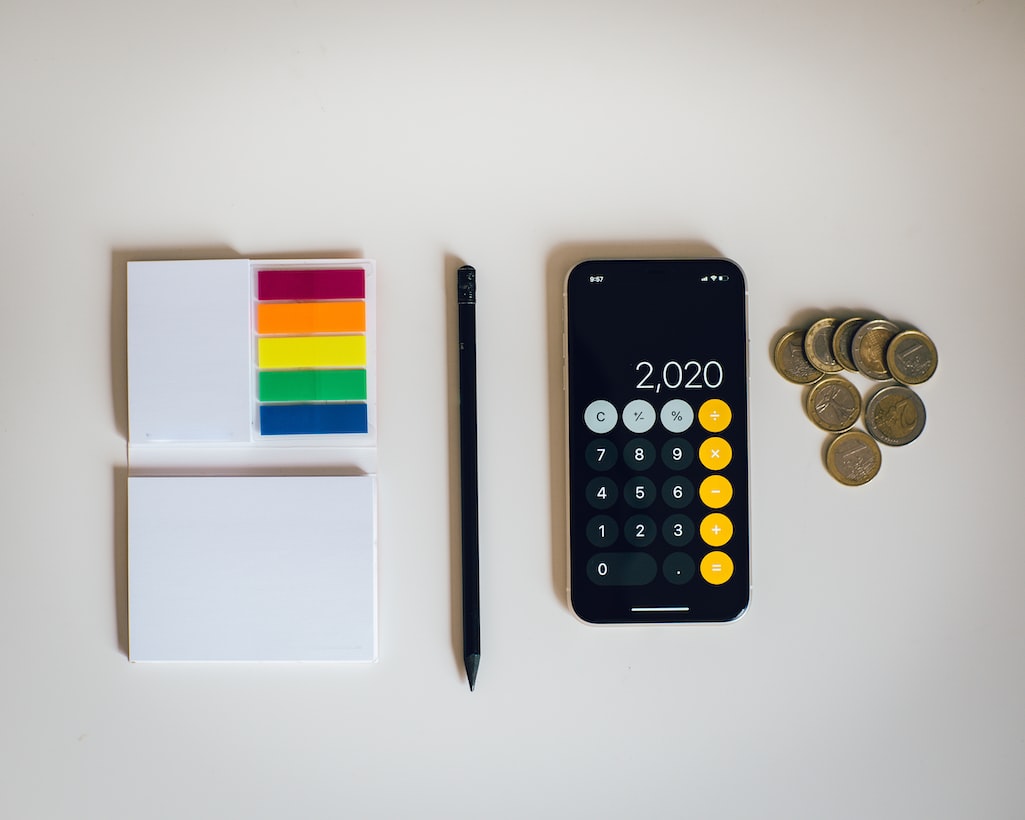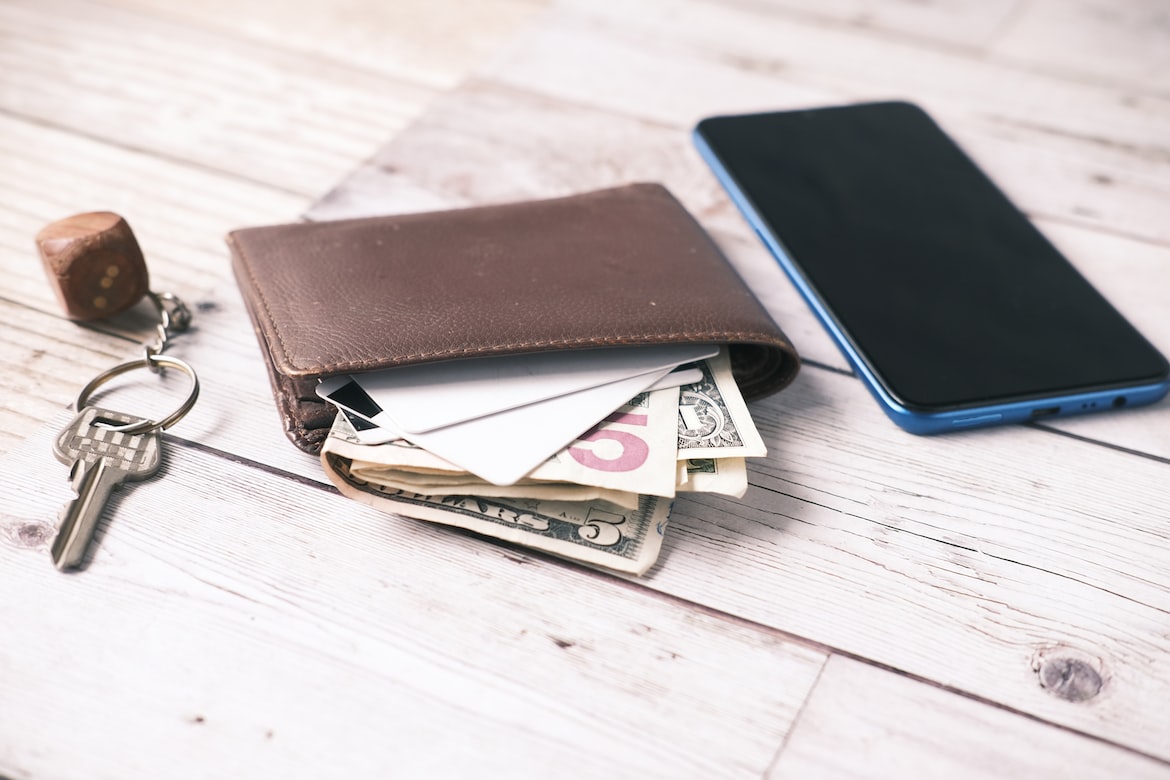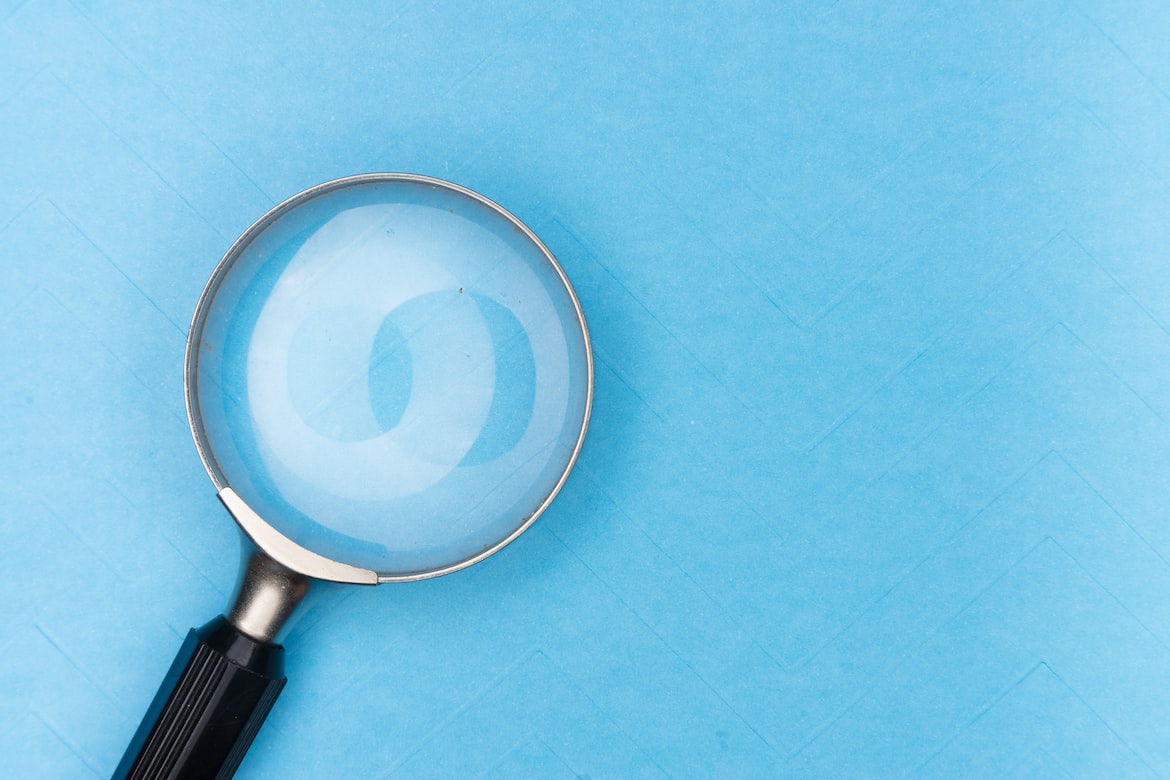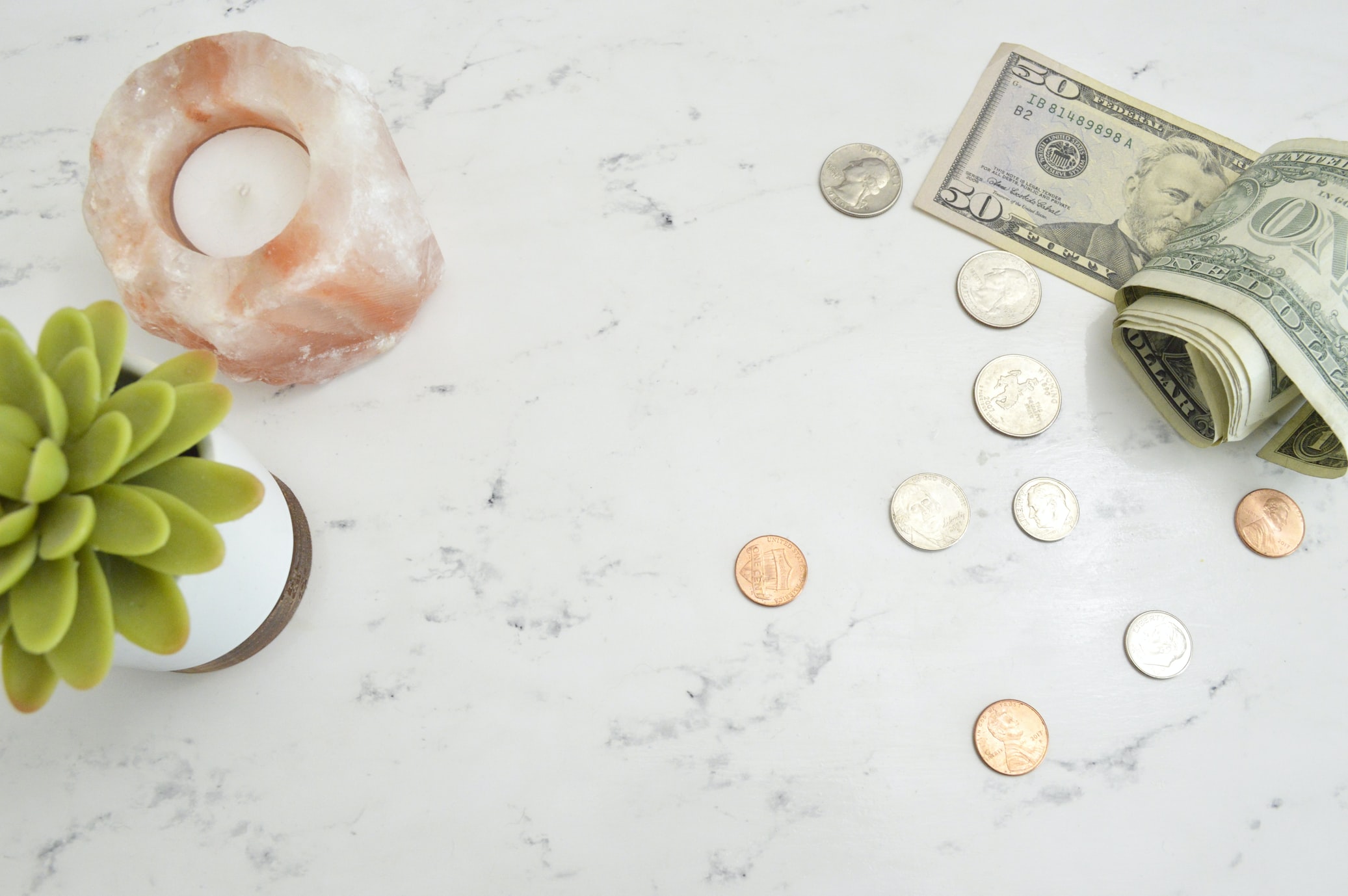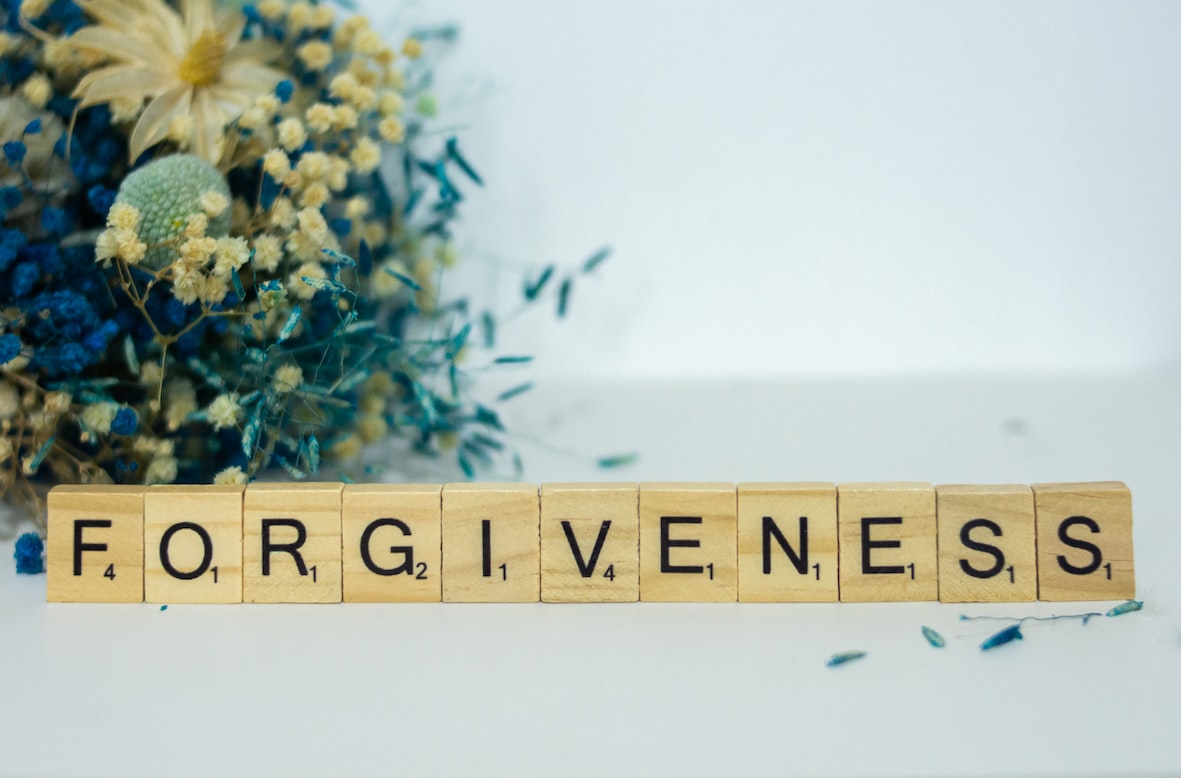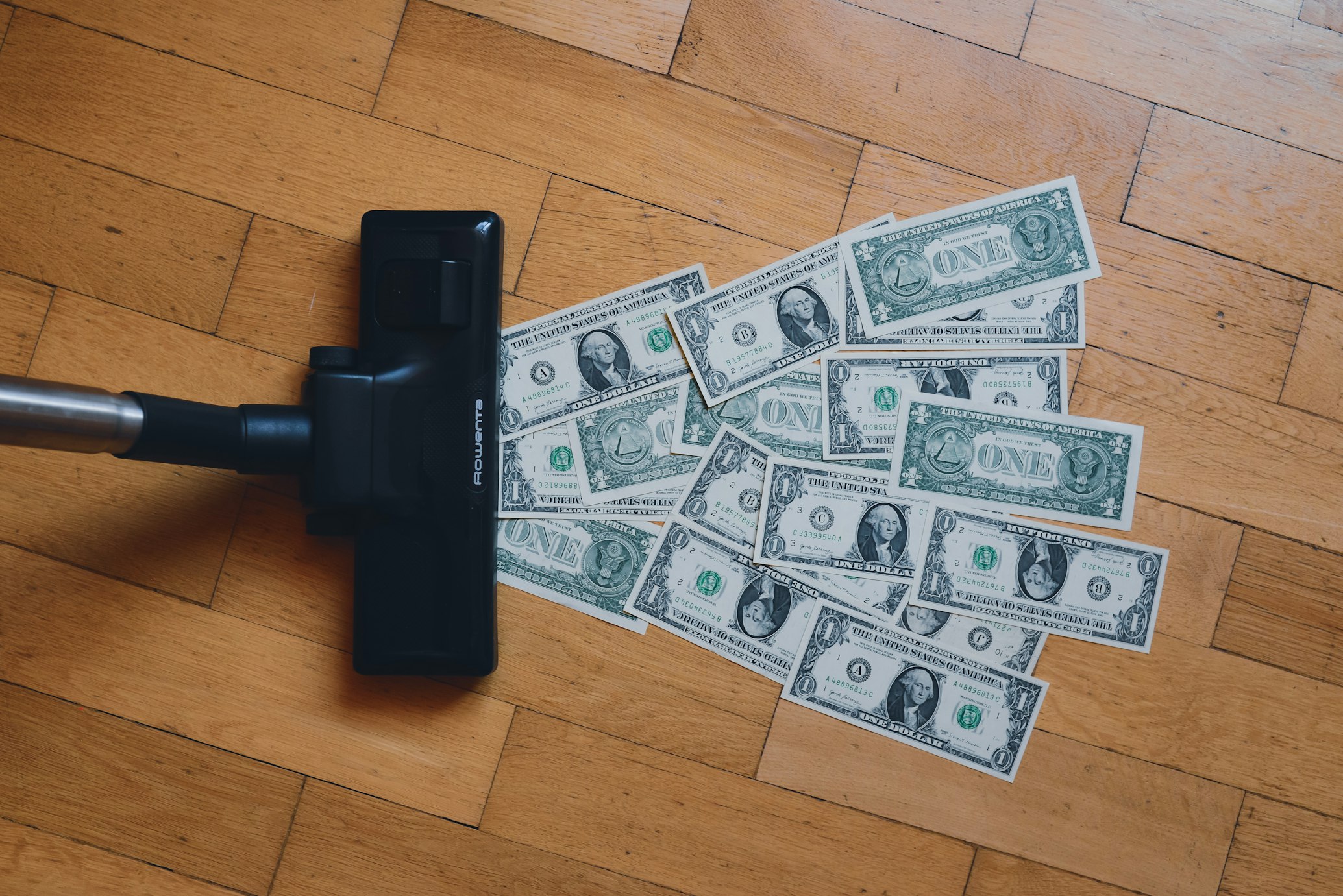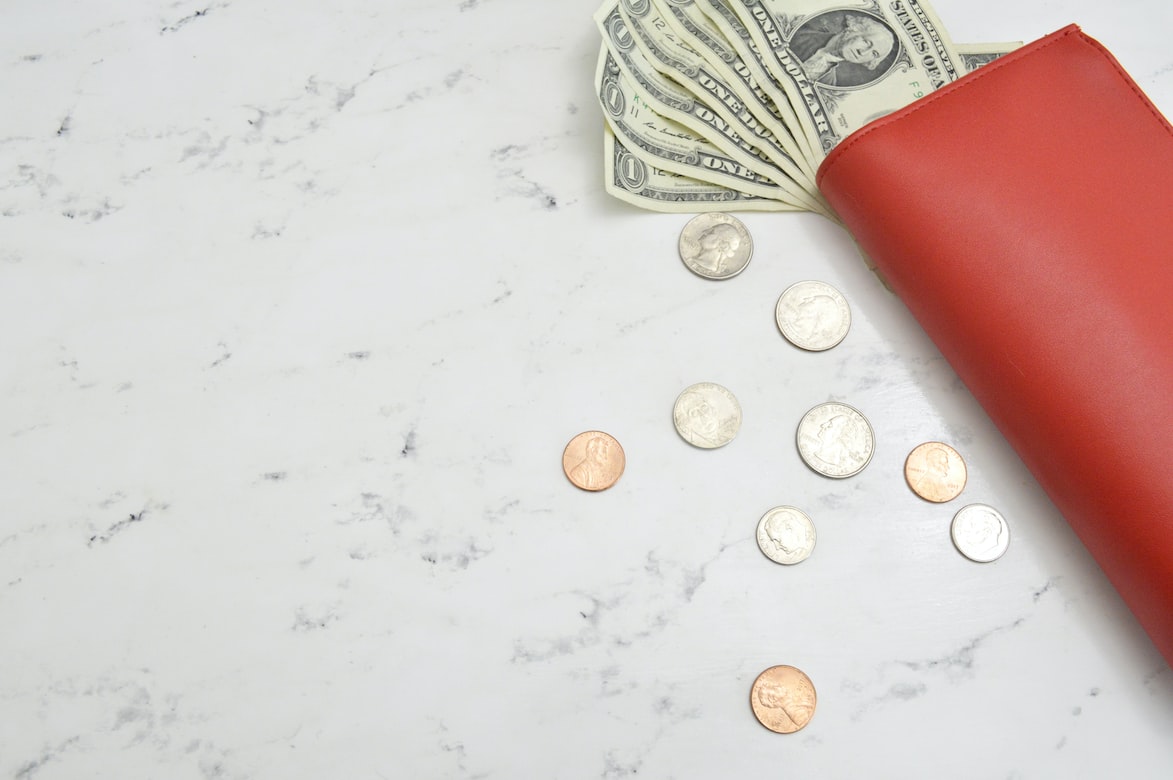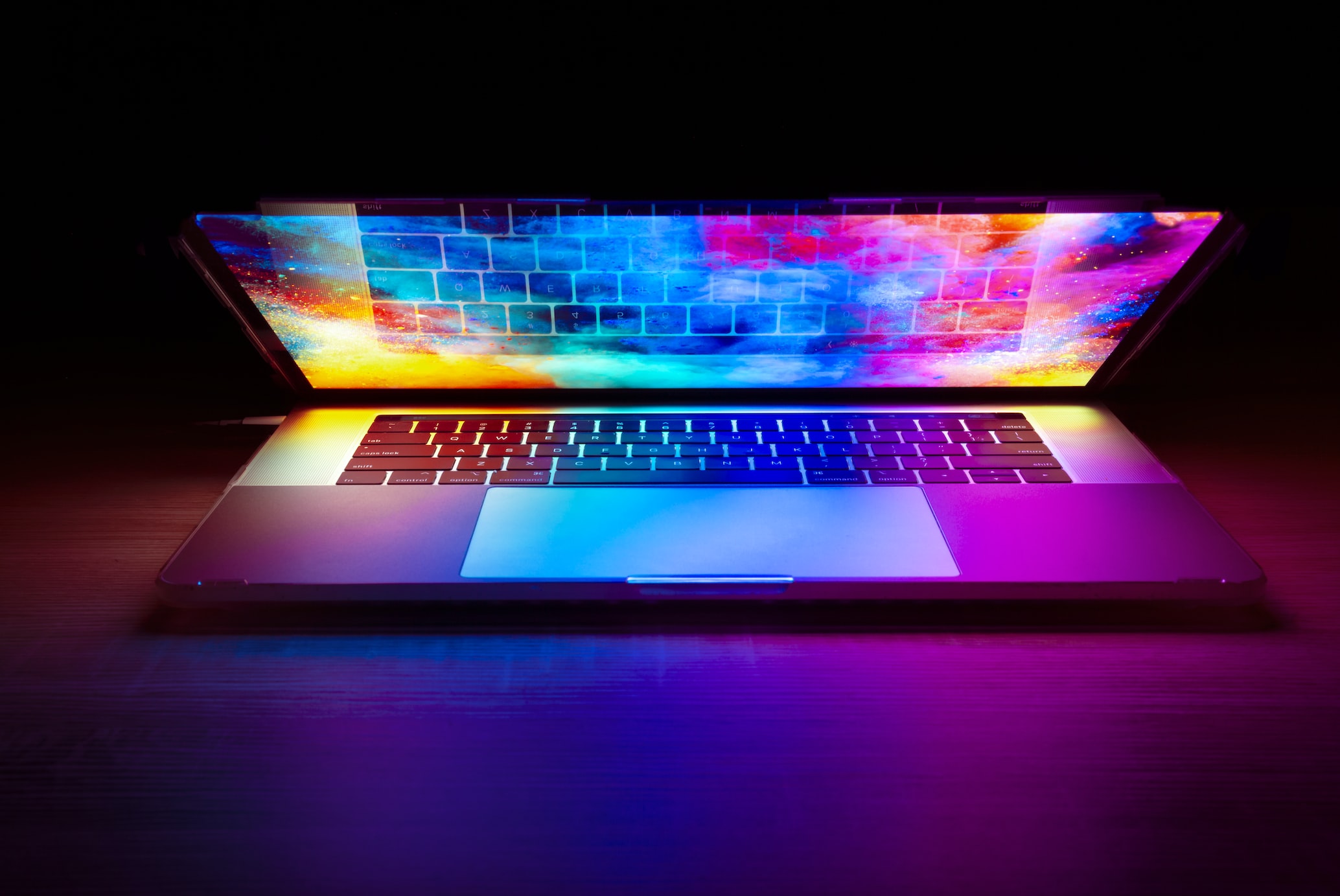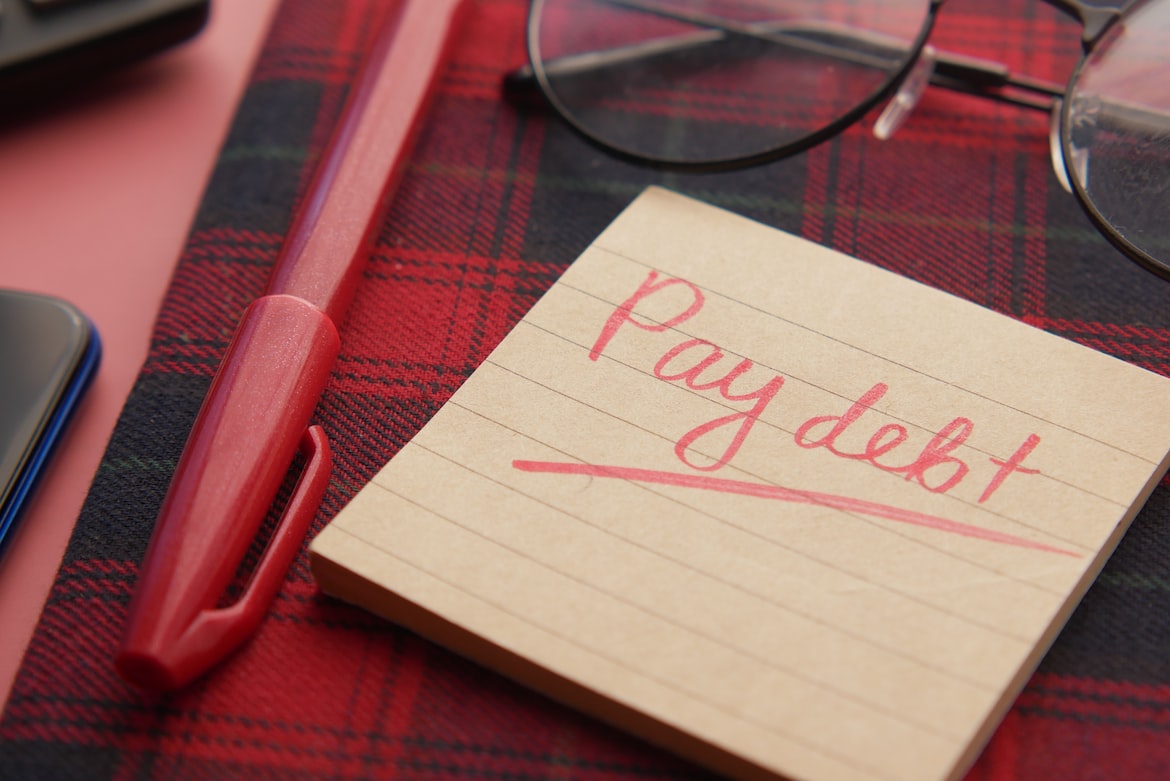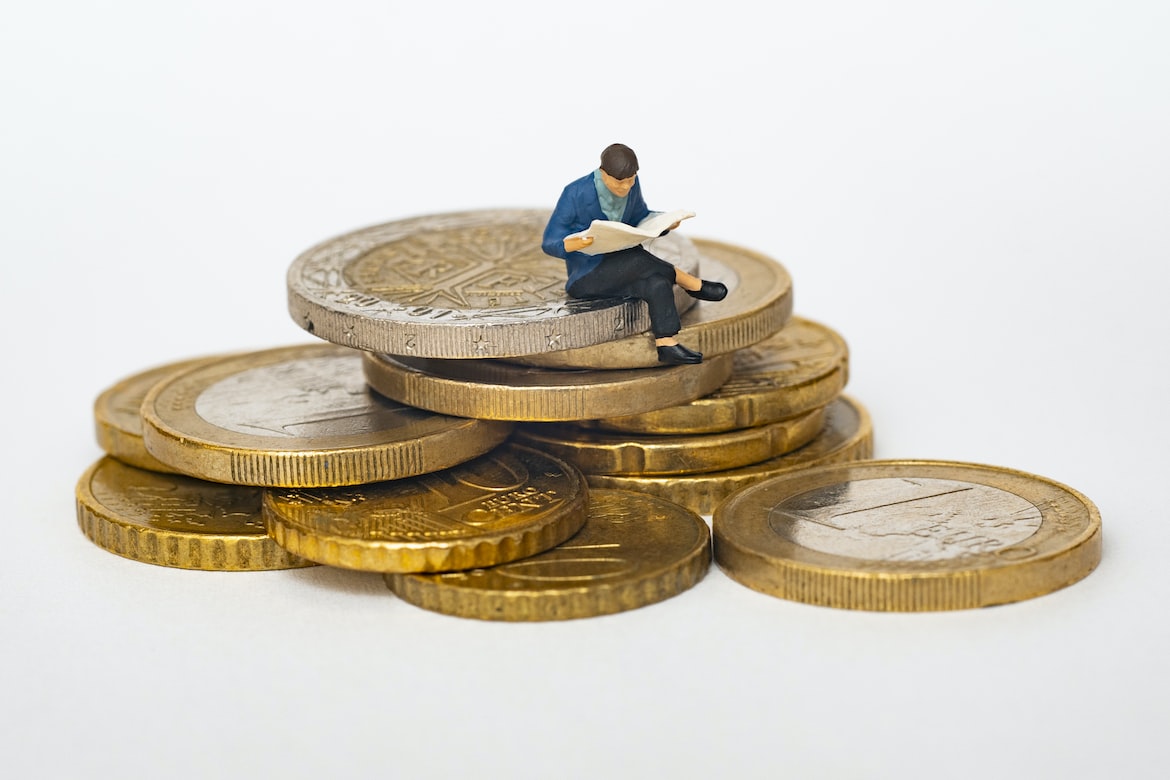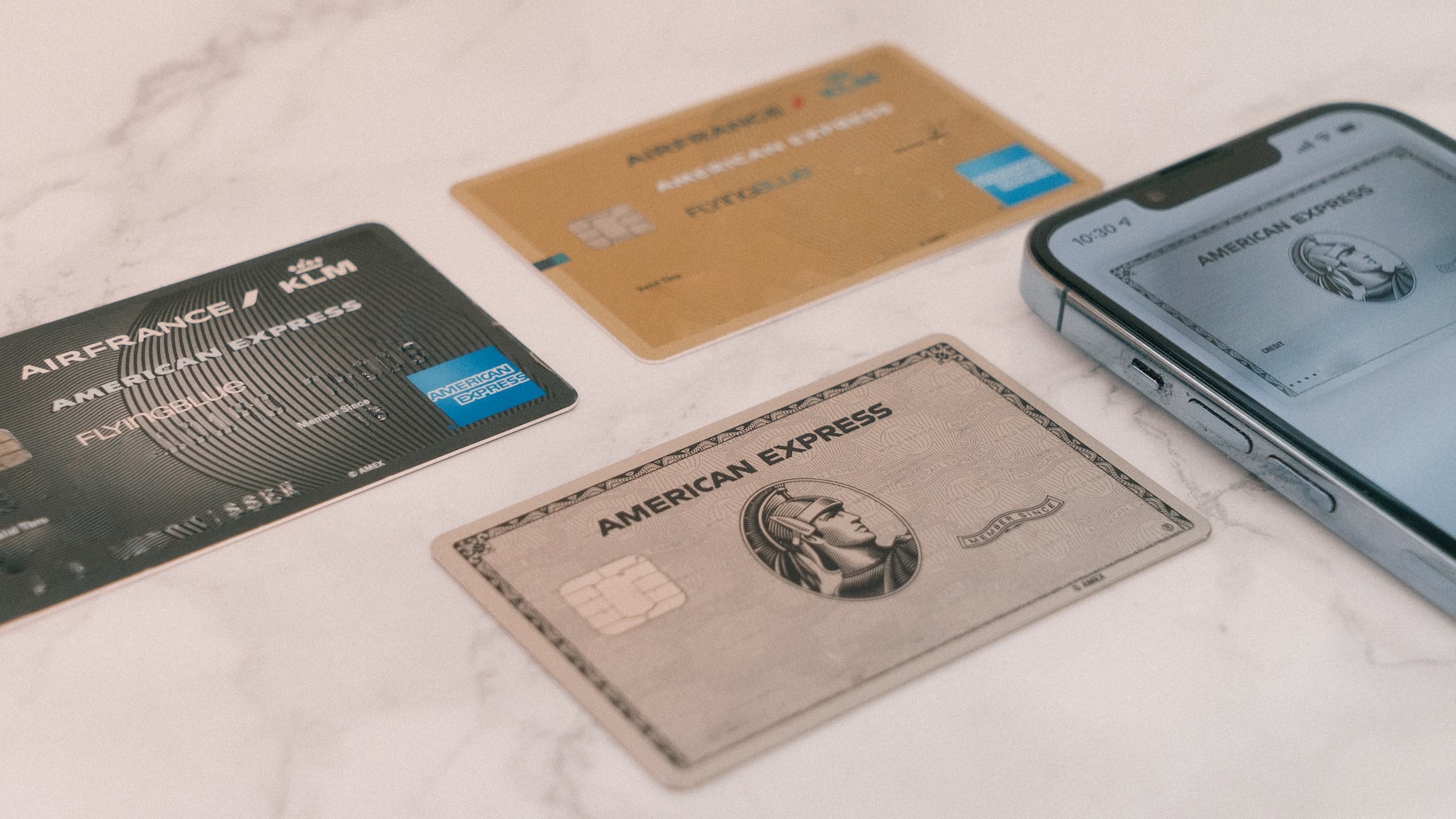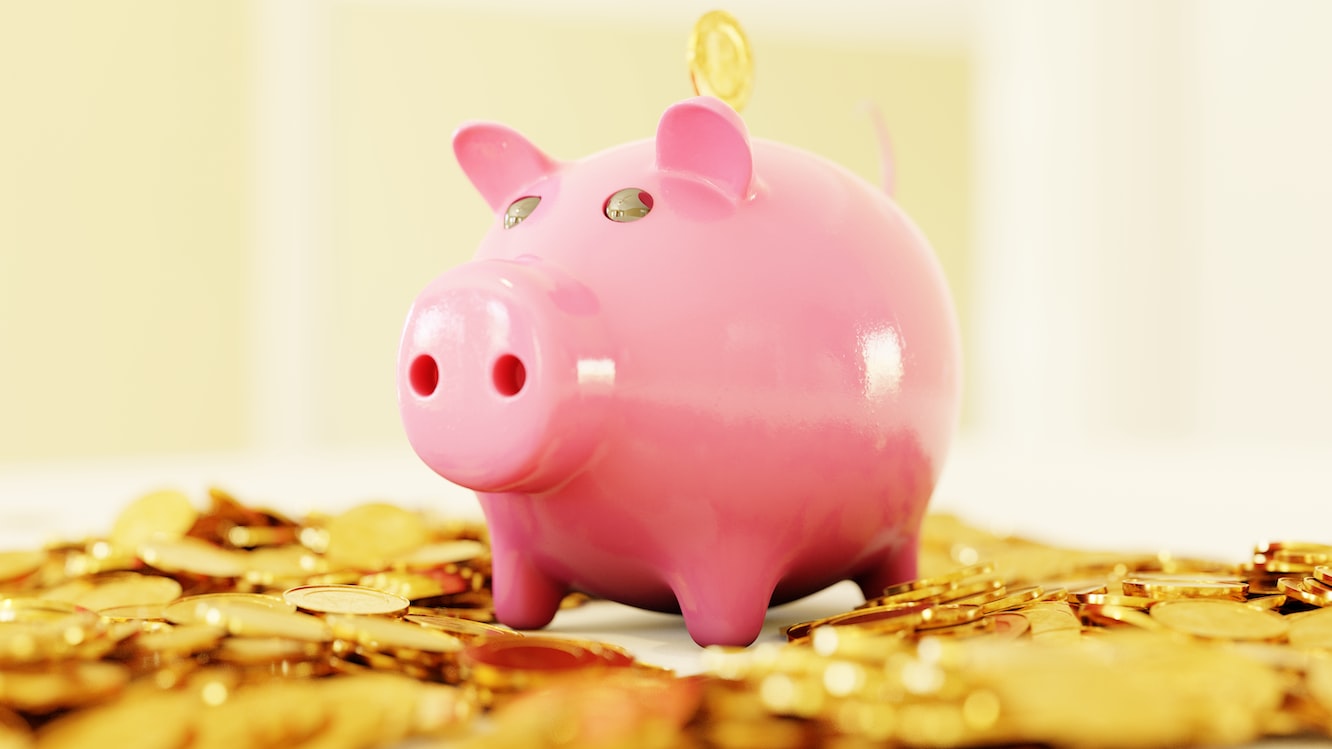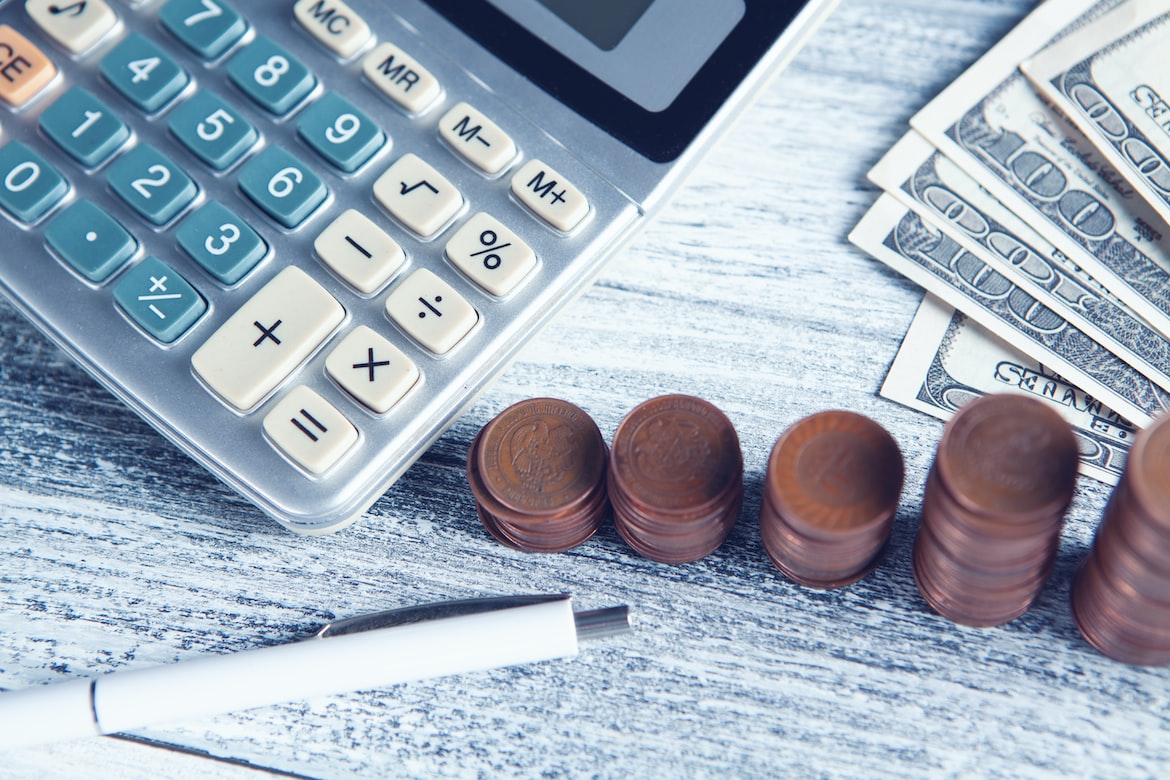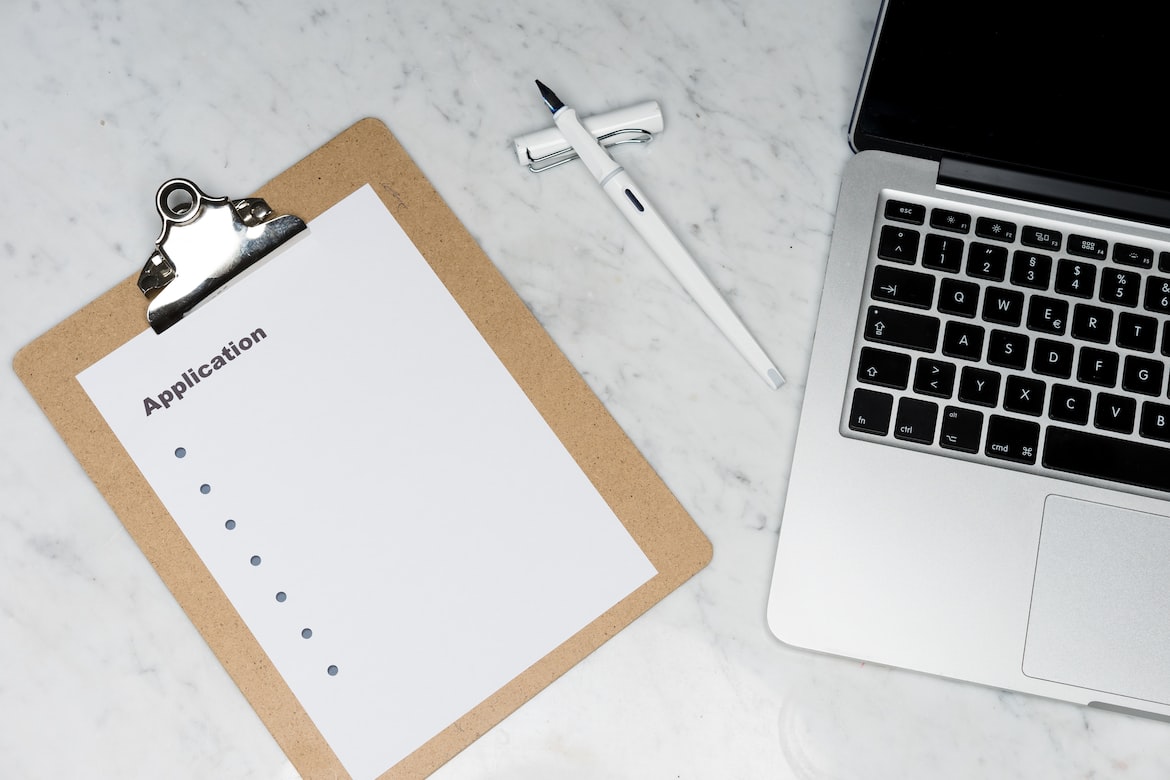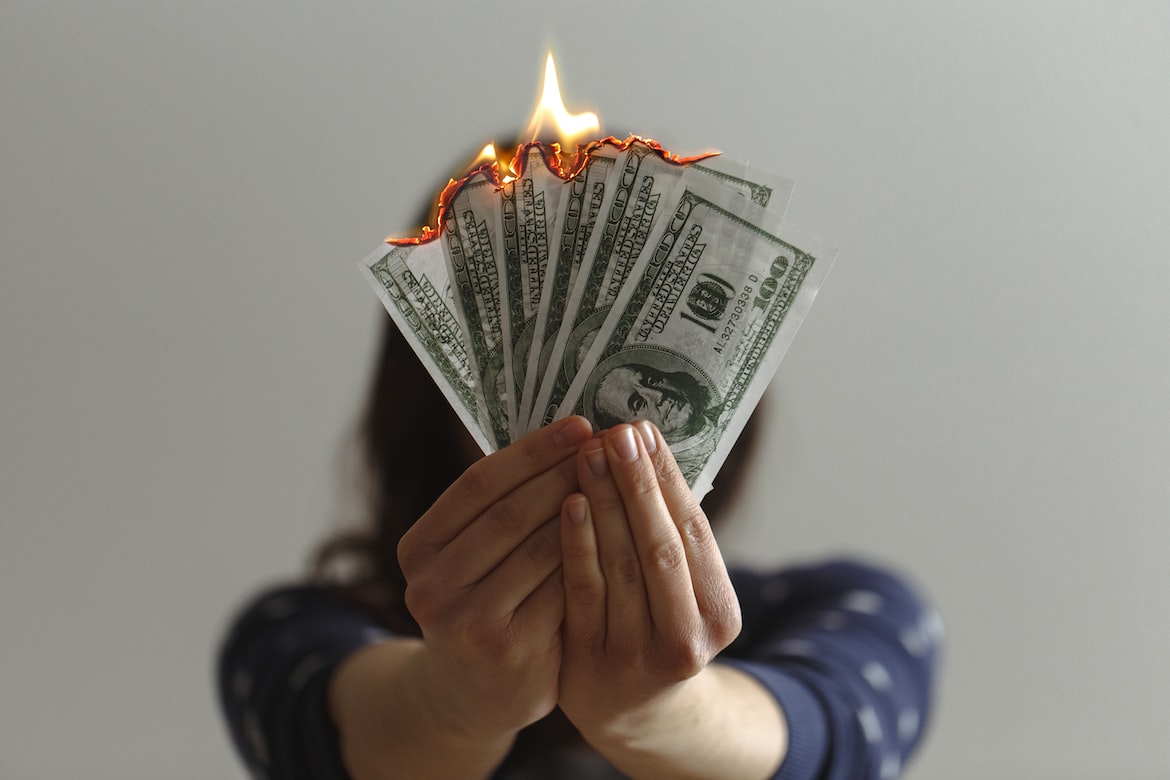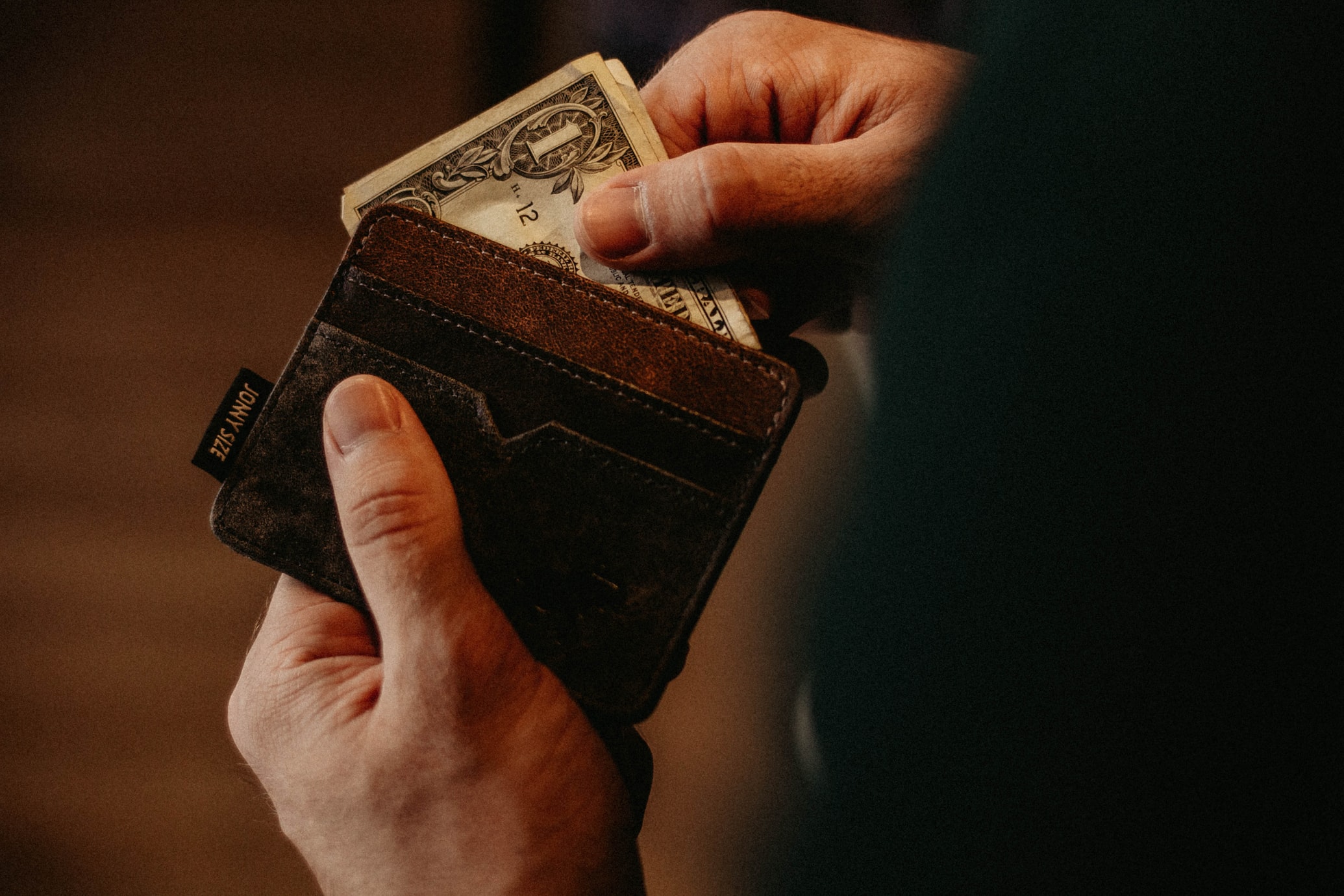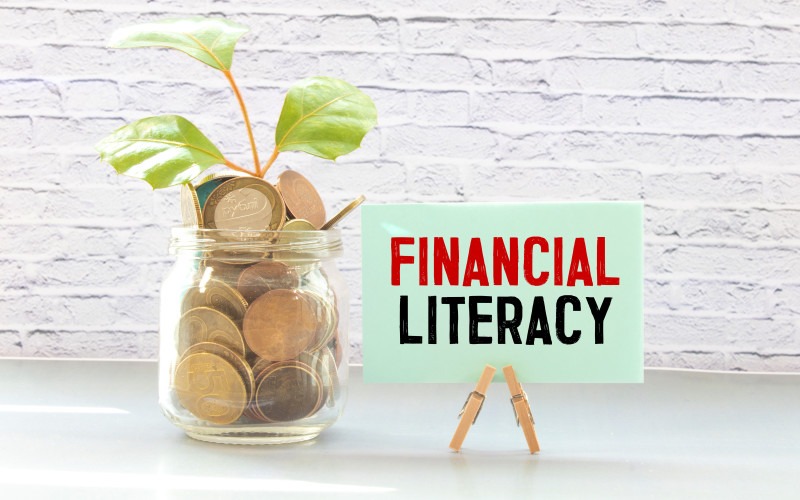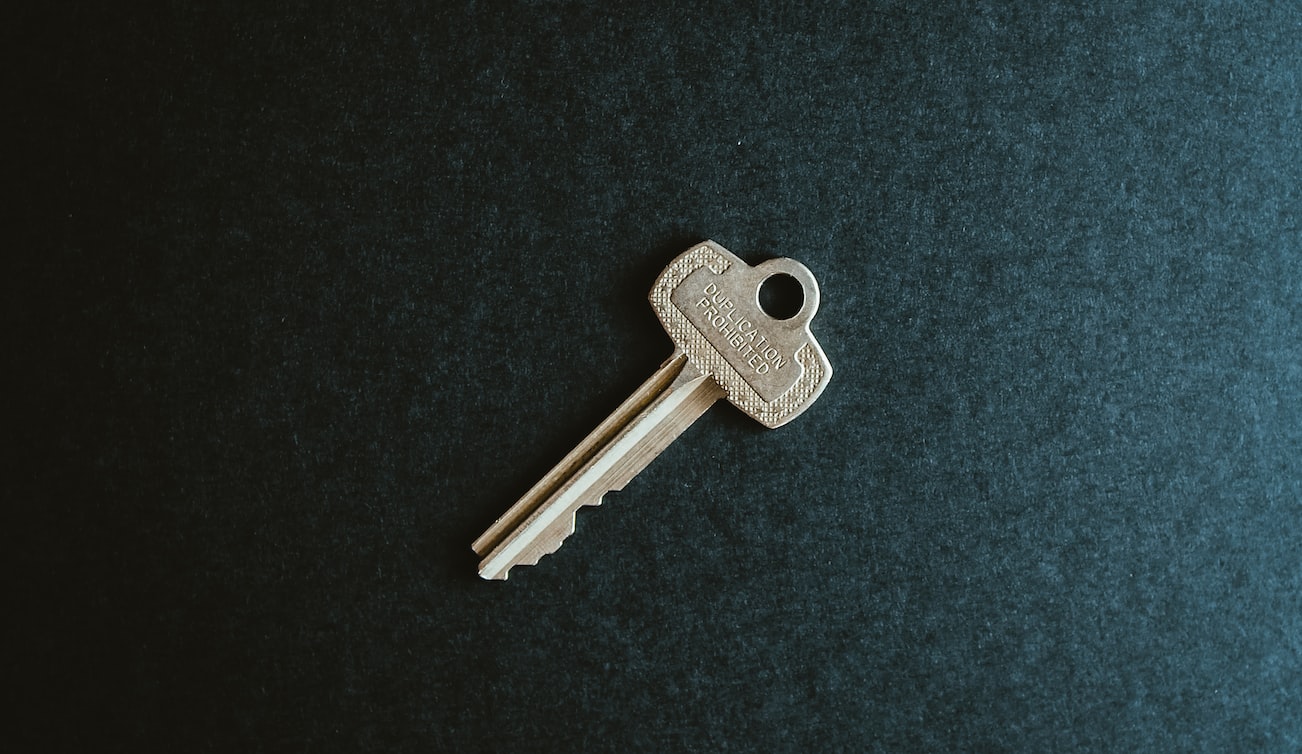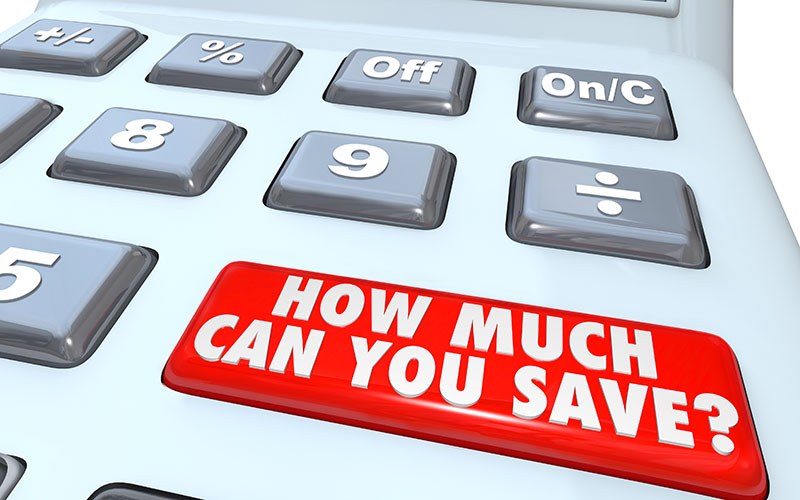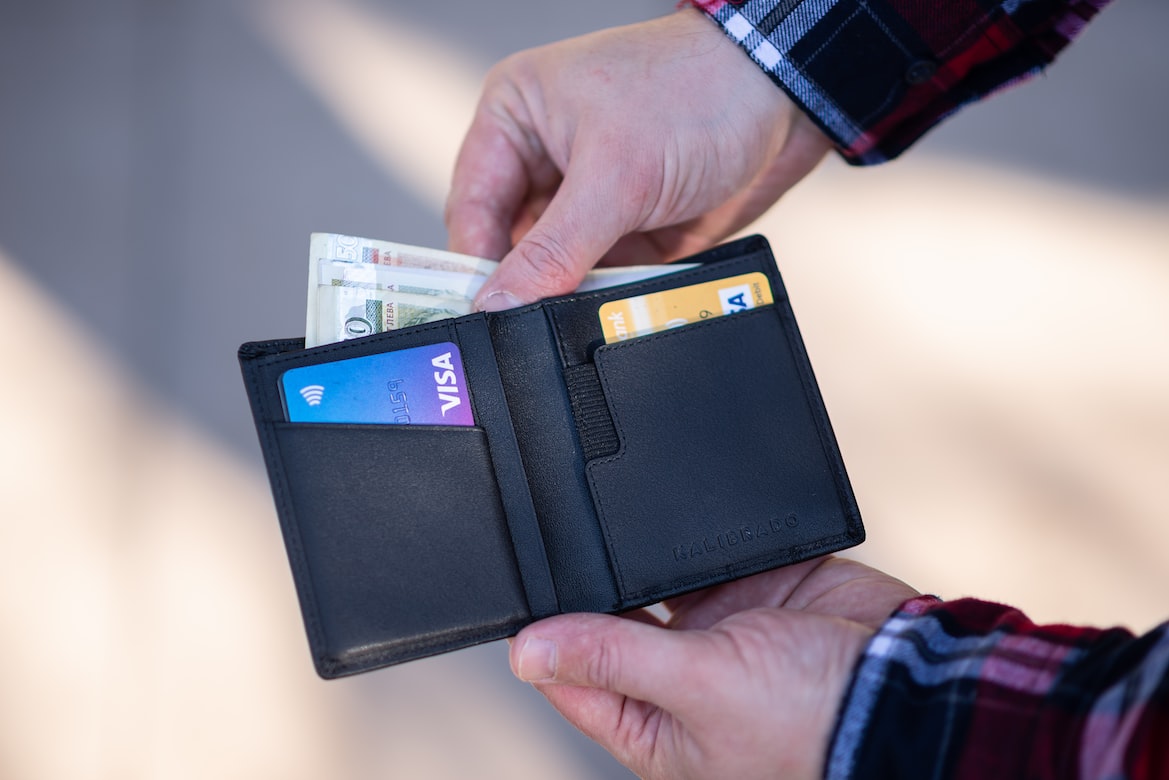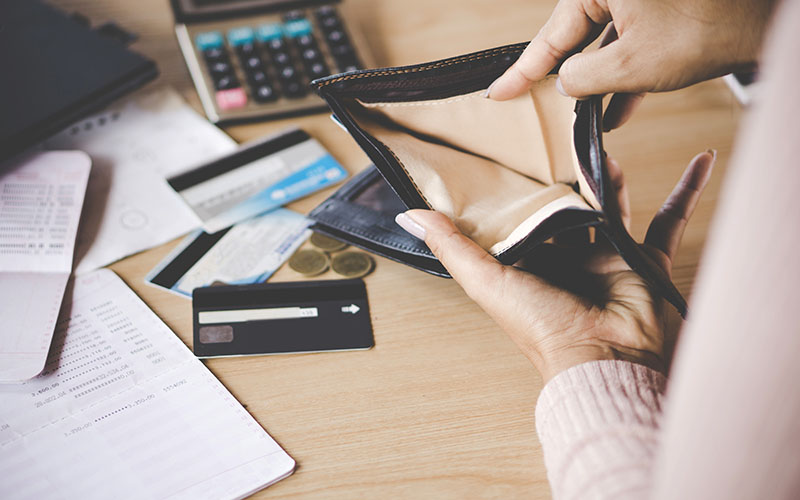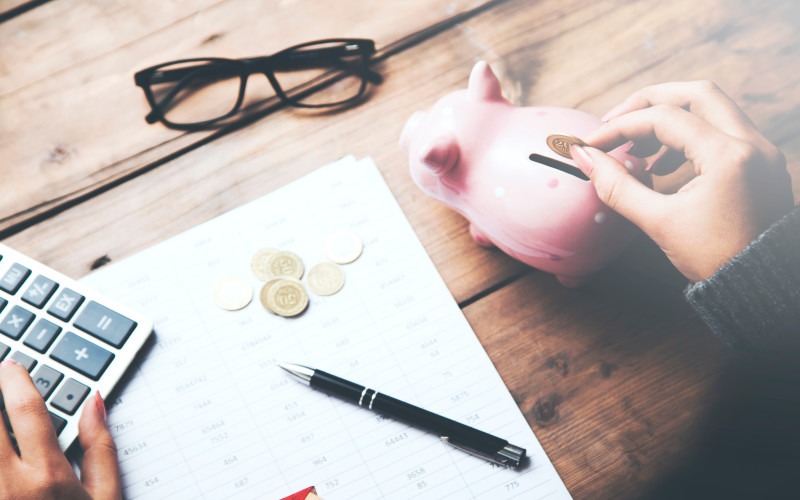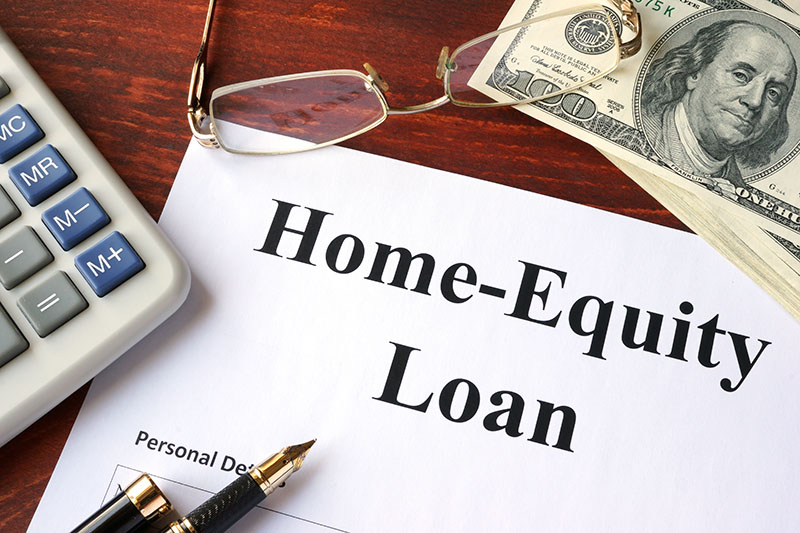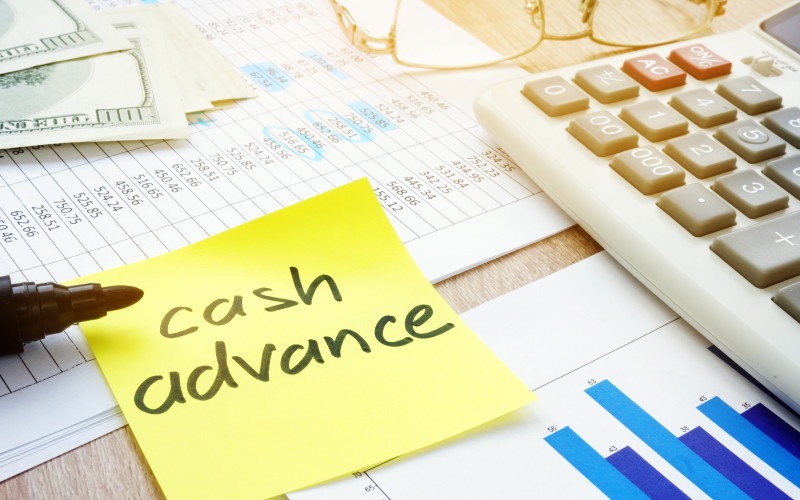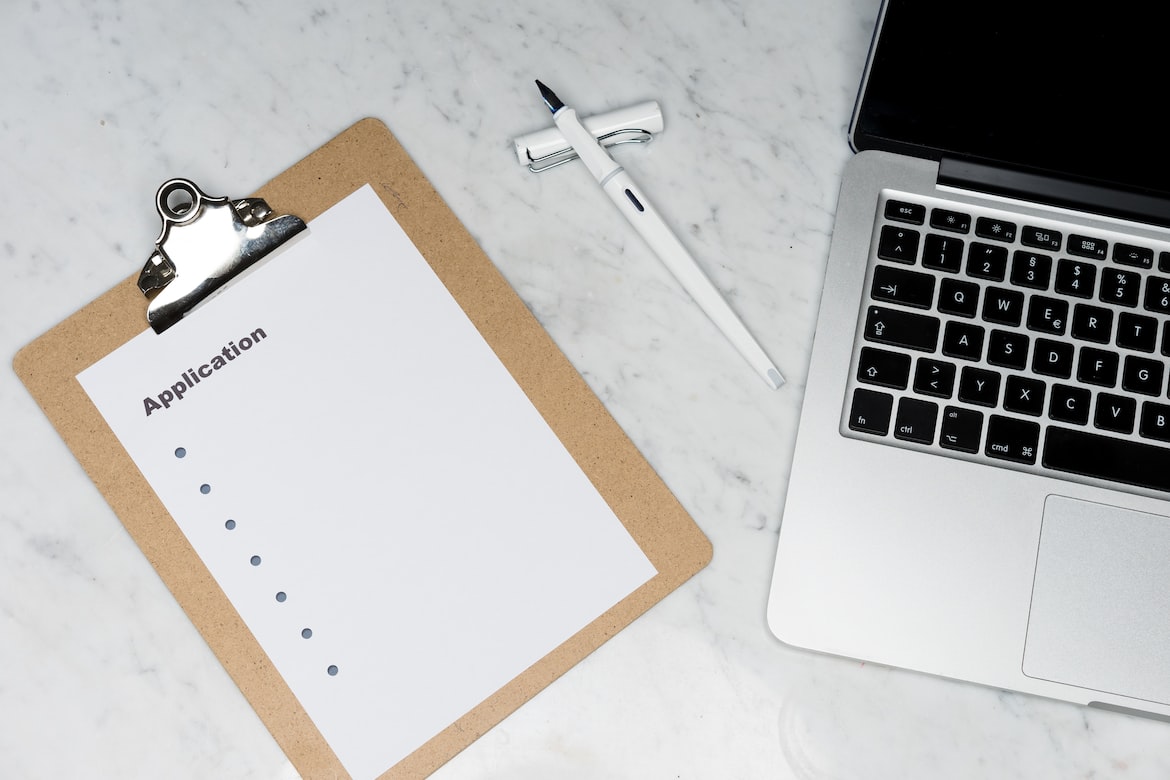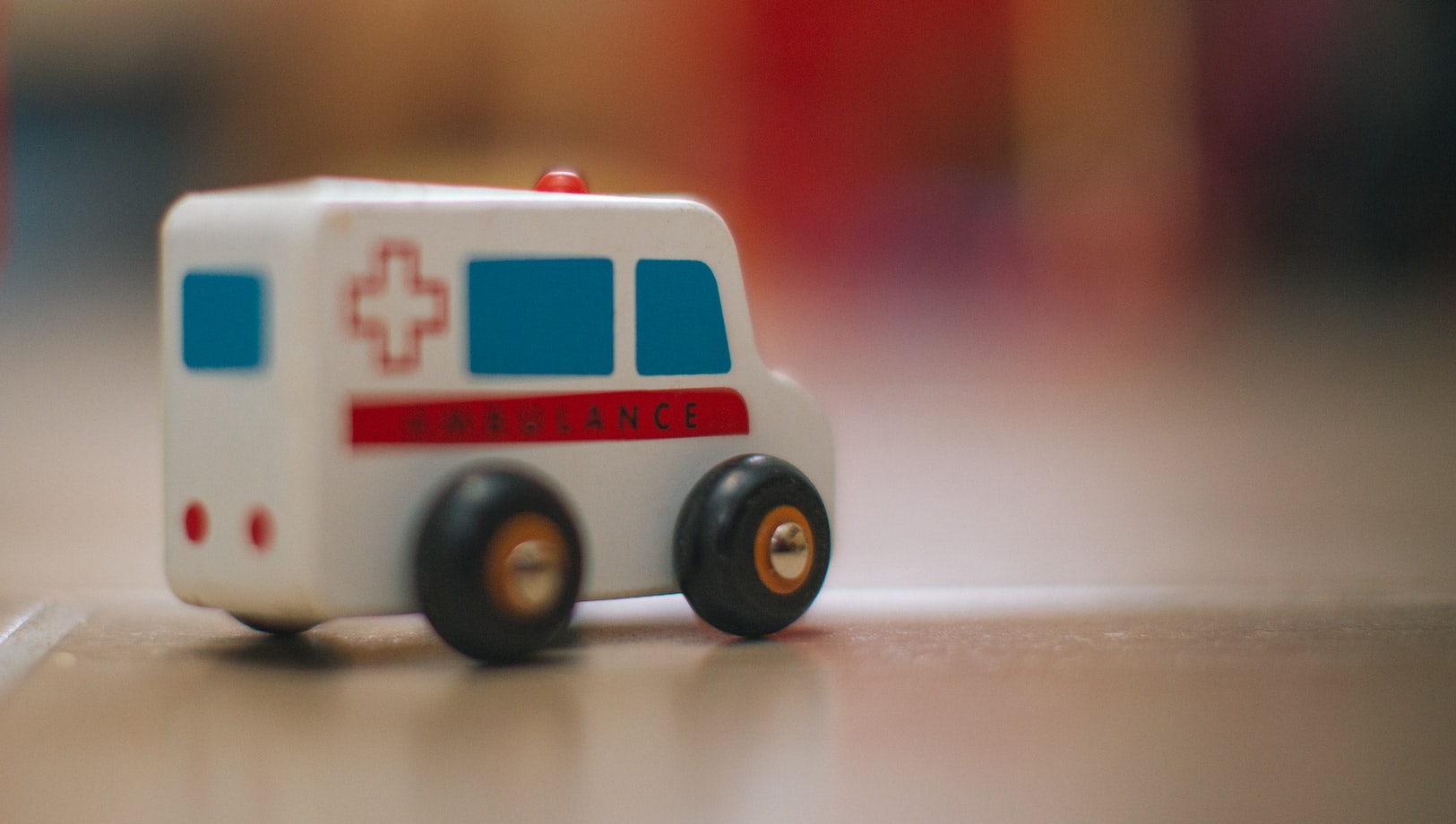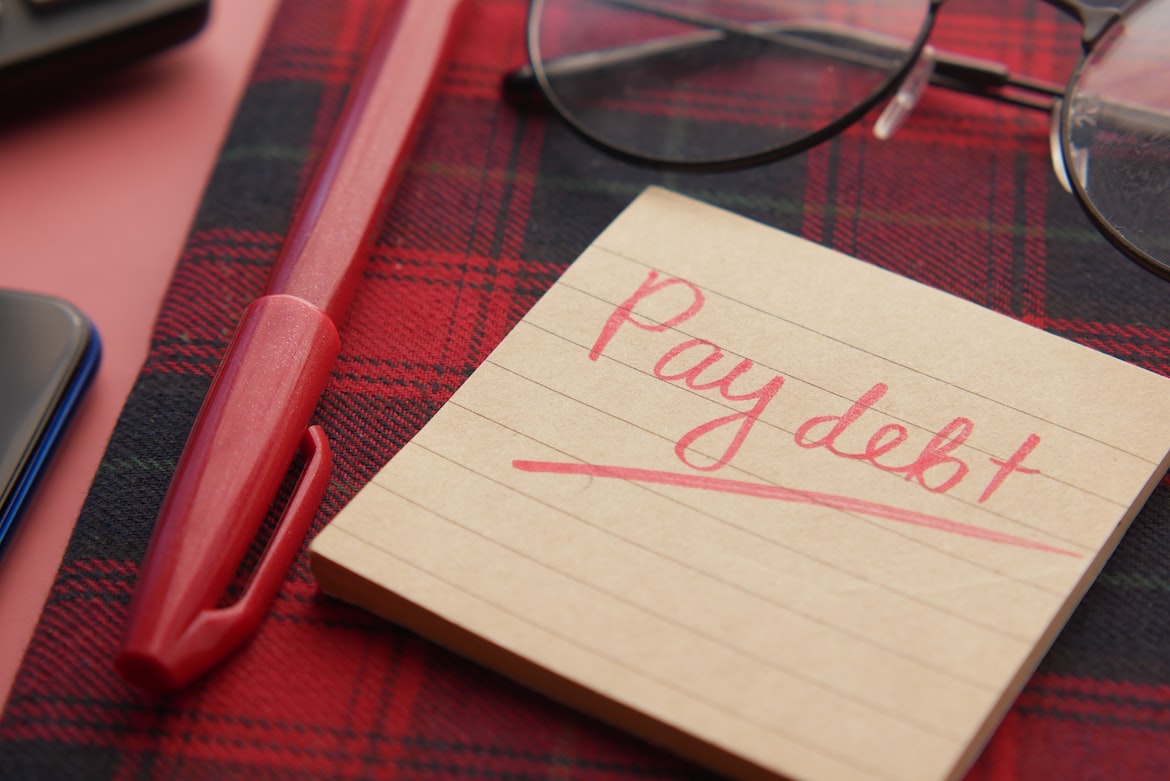The Complete Guide To Personal Loans
Key Takeaways
- A personal loan is a flexible financial tool that can be used for emergencies, education, home improvement, debt consolidation, or even funding a business
- Personal loans often have lower interest rates than credit cards, making them a smart choice for covering essential expenses or consolidating high-interest debt
- Only borrow what you need, use the funds for their intended purpose, and make all payments on time to protect your credit

What Is A Personal Loan?
A personal loan is a tool that you can use to assist in financial situations, such as education, home maintenance, emergencies, and even paying off other debt.
Although you probably have no intention of adding any debt to your life, there are certain circumstances in which you may need to. Personal loans can give you the funds you need without the high interest rates and fees of a credit card.
Before you make any decisions on whether or not to take out a personal loan, be sure to gather all the necessary information.
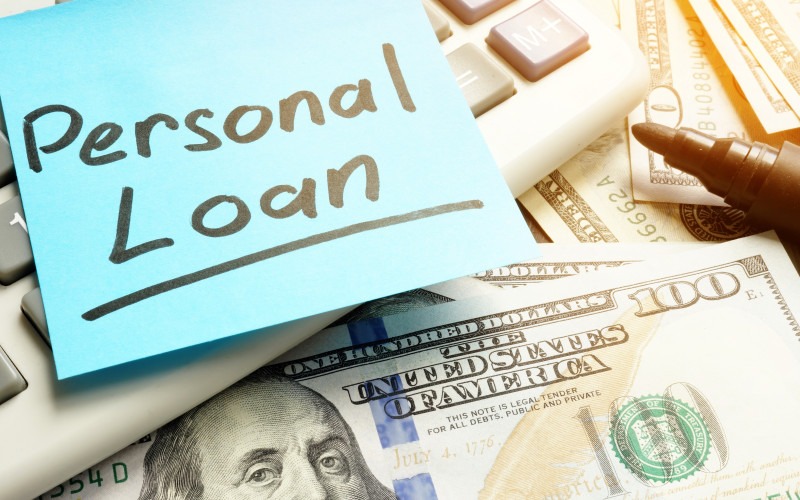
Why Should I Take Out A Personal Loan?
Personal loans can have a variety of uses:
- Debt consolidation: Taking on more debt may sound like a bad idea but in some cases, a personal loan can help you pay off existing debt. If you have credit card debt or other debt that has a higher interest rate than what you can potentially get with a personal loan, this loan can help you pay it off and save money in the long run. You can also consolidate your debts into one large debt with one interest rate to pay it off. If you have bad credit, you may want to consider a debt relief program, which could reduce resolve your debt in 24 to 48 months.
- Renovating your home: In addition to remodeling your home, you may need extra cash on hand in case of a home emergency. You can use any savings you have for this kind of situation, but if you prefer to keep that for more immediate use, you can take out a personal loan to keep your nest egg untouched.
- Education: While tuition can be covered by a student loan, you can use a personal loan to cover other student living expenses, such as rent, groceries, and textbooks. The interest rates for a personal loan tend to be lower than credit cards, so it can cover your personal expenses.
- Funding a business: A new business has many startup costs, including office spaces, permits, materials, and rent. A personal loan prevents you from using your own living expenses and covers you until you begin making revenue with your new business. (You can also consider taking out a business loan.)
- Emergencies: Emergencies are inevitable. In case of an injury, you shouldn't have to refuse medical treatment because you can't afford it. You might also need access to funds if your vehicle needs repairs or if you are between jobs.
When you apply for an online personal loan, truthfully inform the lenders of what you intend to use it for and use it only for that reason -- the contract you sign is legally binding. Be sure to maintain good credit by keeping up with your payments and building up your savings account.
When Should I Not Take Out A Personal Loan?
Some consumers may use their personal loans to finance weddings or vacations, but we advise against that due to the extra unnecessary debt. Spending outside your means can result in buyer’s remorse, so stick to using personal loans for items you need -- not want.
Does My Credit Score Affect Whether I Can Take Out A Personal Loan?
In simple terms, a credit score is a number that tells lenders how likely you are to pay them back after borrowing money. Your credit score is affected by your payment history, the amount of debt you owe, credit history, new inquiries, and types of credit.
If you keep your balances low and pay your bills on time, lenders view you as a trustworthy, low-risk applicant and they will be more likely offer you low interest rates on loans.
What Score Are Lenders Looking For?
A good credit score varies greatly with each lender and most of them use varied scoring systems to grade consumers. Most credit scores range between 300 and 850. Most lenders usually follow this scale:
- Excellent credit: 700 to 850
- Good credit: 680 to 699 (the average consumer’s credit score is 682)
- Average credit: 620 to 679
- Low credit: 580 to 619
- Poor credit: 500 to 579
- Bad credit: 300 to 499
If you have good credit, you’re in luck. You do not have to offer collateral for your funds and you can qualify for the maximum loan amount. With a good credit score, you are likely to be approved for loans with low interest rates.
These perks allow you to shop around with different lenders before deciding on the one that gives you the best rates and payment options. Lenders check your score using a soft pull (which does not affect your credit), so be sure to check all of your options before deciding on a loan.
Fair credit and bad credit makes it harder for you to be approved for a loan and results in you having to pay more in fees and interest if you take one out. Most lenders see borrowers with a score below 620 as risky.
In addition to checking your credit, lenders look at your current financial situation to determine if you qualify for a loan. This includes your debt-to-income ratio, education, and earning potential.
You can check your credit score through the three major bureaus (Experian, Equifax, and TransUnion) or through credit monitoring sites.
What Types Of Loans Are Available?
There are two kinds of personal loans: secured, which uses collateral and is considered low-risk with much lower interest rates, and unsecured, which is based on your credit.
Your local bank and credit unions may offer personal loans, but you can also look to online lenders with a lower interest rate since this can save you hundreds or thousands of dollars in the long run and a quicker time frame to receive the money.
Most lenders take a few business days to provide the funds, although some offer same day service via a direct deposit.
The best terms for personal credit have low interest rates, no prepayment penalties, and no hidden fees. You may also check the BBB (Better Business Bureau) for lender reviews and ratings.
Are There Alternatives To Personal Loans?
If you need funds or need to pay off high-interest credit card debt, you can use a zero interest balance transfer credit card. However, this 0% interest rate only lasts a specified period of time (usually a year).
You can also take out a secured loan as a less expensive method to pay off debt, but this will require you to put up some form of collateral.
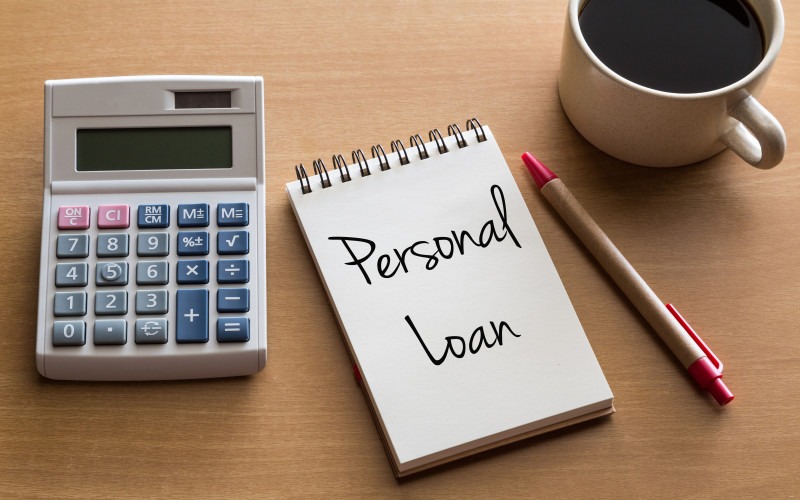
The Bottom Line
Personal loans are a useful tool for an influx of cash when you need it. If you don't know where to start, you can look into one of our top personal loan services, such as Credible to find the best loan for you.
What are the benefits of a personal loan?
Personal loans can be used for a variety of reasons. Whether you need the funds for an emergency, home improvement, debt consolidation, or a major life event, these loans are flexible enough for any purpose.
Do personal loans affect my credit?
After you submit your application, your credit may take a slight hit -- usually around 5 points due to the initial credit inquiry. (If you make multiple inquiries within a few weeks, it will only count as one.)
Once you receive your personal loan, your credit may be affected due to your new higher debt (unless you are taking out a debt consolidation loan for credit card debt).
However, you can build your credit history by making regular on-time payments on your personal loan.
Edited by:
Bryan Huynh
•
Product Tester & Writer


